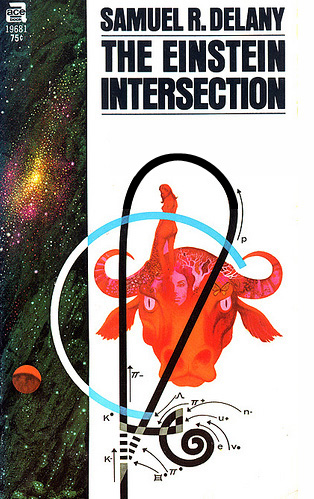Like all great works of literature, Ray Bradbury’s The
Martian Chronicles works on a number of levels. It is a portrait of the time in
which it was written, it is a forward pointing lens through which we can
examine our present and future, and a testament to the ages long gone. In other
words, it is simultaneously timeless and a relic of its own time.
At its core, it is a collection of thematically connected
short stories detailing the journey of humankind from Earth to the newly
established colonies of Mars. Like The Grapes of Wrath, and other works dealing
with migration and immigration, it is full of hardships, turmoil, small and
great accomplishments, and a uniquely American spirit of rugged individualism,
and the folly of our American Exceptionalism, and a sense of longing for
something better and different in the face of hardship.
However, because of its SF roots, it can examine these
themes without the presence of any boundaries whatsoever. Bradbury explores elements of the immigrant
story, of racism, of nationalism, and of humanity’s undying spirit of adventure,
with such devices as rocket ships, futuristic weapons, an alien POV of
religion, ghosts, shape changers, and all manner of the phantastique. By
invoking these elements of mythology, fantasy and science fiction, The Martian
Chronicles becomes an even more complete and important work of literature in
the way that it connects with its readers on the levels of other “important”
works while also being an exciting and entertaining pulp adventure.
No matter how many times I read this volume, its power is
never even slightly diminished. The bleakness, mystery, imagination, and prose will
remain forever a landmark in the world of not just science fiction, but in the
greater literary world outside the realms of genre.

